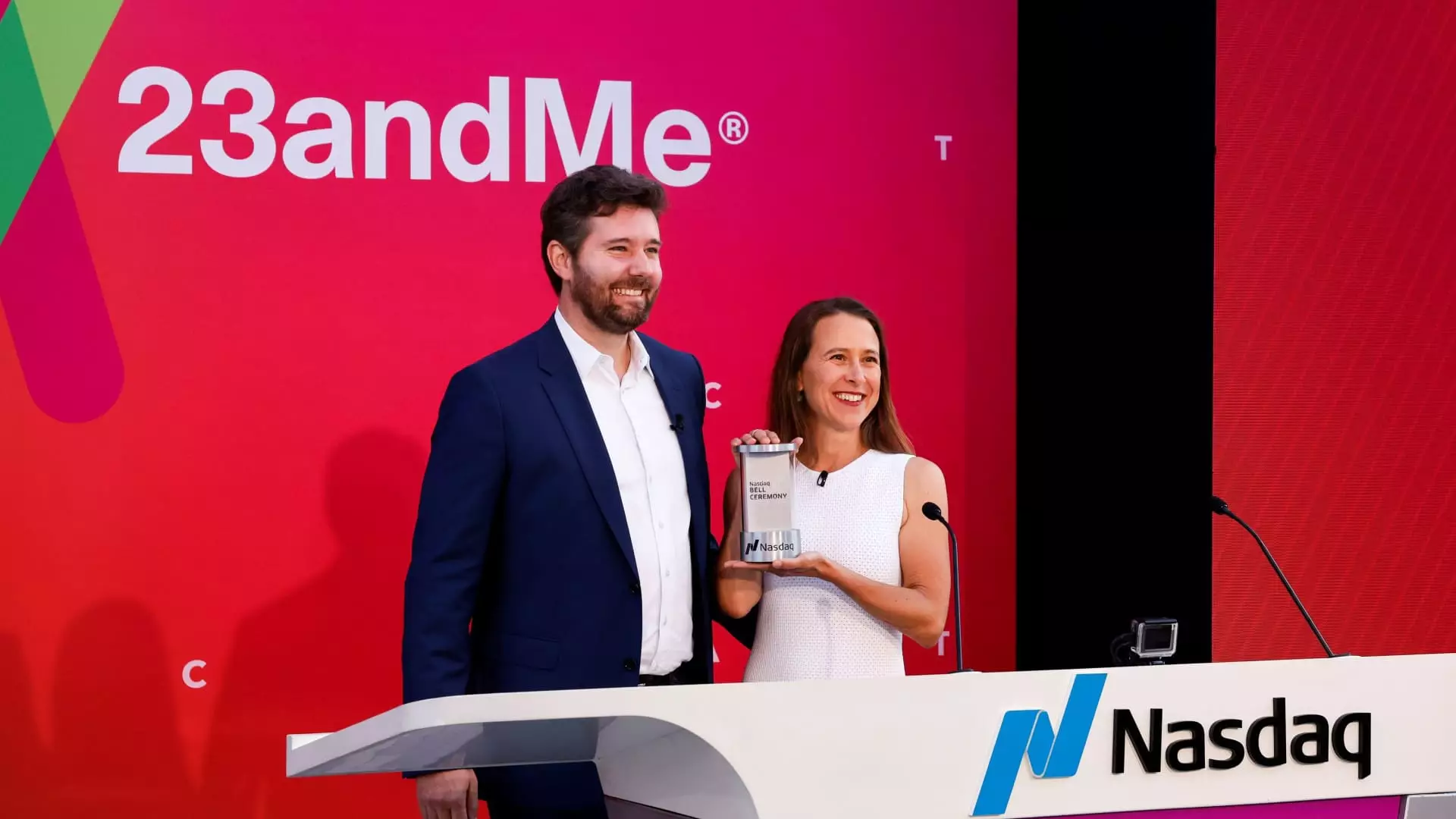Founded in 2006 by Anne Wojcicki, 23andMe embarked on a mission to democratize access to genetic testing, contrasting sharply with the exclusive nature of previous offerings in this space. The company’s innovative model allowed consumers to order direct-to-consumer genetic test kits, promising insights into ancestry, health, and traits without the need for healthcare intermediary. With significant backing from high-profile investors and a series of celebrity endorsements, 23andMe managing to market its products at low price points.
The early years were marked by rapid growth and enthusiasm within the genetic testing market; 23andMe seemed positioned for success. The company’s strategic pivot aimed at leveraging its extensive genetic database for drug discovery differentiated it from main competitors like Ancestry.com. While Ancestry focused largely on genealogy, 23andMe sought to merge consumer DNA analysis with pharmaceutical partnerships, paving the way for potential breakthroughs in therapeutics.
In 2021, 23andMe went public through a special purpose acquisition company (SPAC), reaching a valuation of approximately $3.5 billion. At this time, Anne Wojcicki was optimistic about the company’s future, exuding confidence when she claimed, “There’s huge opportunities in therapeutics and huge opportunities in our consumer business.” However, this exuberance soon faced reality as several external factors began to hinder 23andMe’s growth trajectory.
The Federal Reserve’s decision to increase interest rates put pressure on funding availability, leading to declining sales figures. The introduction of a premium subscription model in 2020 was an attempt to rectify this, providing opportunities for recurring revenue. Disappointingly, this pivot did not yield the anticipated results, and by the end of the fiscal year 2023, the company faced a staggering net loss of $312 million.
In addition to financial woes, 23andMe has been beset by privacy concerns, particularly following a significant data breach in October 2023, where hackers accessed sensitive information from nearly 7 million users. With increasing regulatory scrutiny and growing consumer awareness around data protection, the breach has raised serious doubts regarding 23andMe’s ability to safeguard its customers’ private details. This monumental lapse in data security could undermine consumer trust, leaving an already beleaguered company grappling with existential challenges.
Compounding these issues were significant governance problems within the company. In September 2023, all independent board members resigned, citing frustration with Wojcicki’s strategic vision. They reportedly disagreed with her plans to prioritize taking the company private without considering alternative proposals from potential buyers. This internal turmoil ultimately raises questions about the effectiveness of leadership and decision-making processes, particularly during crisis management.
Now, with a Nasdaq listing under threat, the company faces an urgent challenge to maintain its share price above $1 by the rapidly approaching November 4 deadline. This precarious situation underscores a critical point: for a company that aimed to disrupt an industry and champion innovation, the reality of operational pitfalls and market forces can often derail even the most promising ideas.
As 23andMe navigates its uncertain future, an essential question looms: can it recover from this fall, or is it destined for obscurity? Wojcicki’s proposed schemes to take the company private signals a bold approach to regain control, yet the rejection of her initial plan highlights the skepticism that now envelops the company.
If 23andMe is to survive, it must not only stabilize its financial situation but also work to rebuild consumer trust through unwavering commitment to data security and transparent governance. The story of 23andMe acts as a powerful reminder that even transformative ideas require meticulous execution and adept management of unforeseen challenges to truly thrive in a competitive landscape. As we look to the future, the fate of 23andMe may serve as a cautionary tale for companies venturing into the nexus of technology and sensitive personal data.

